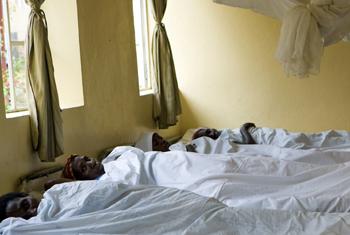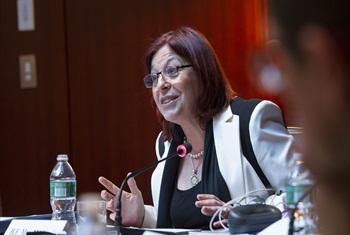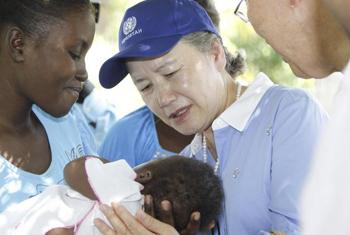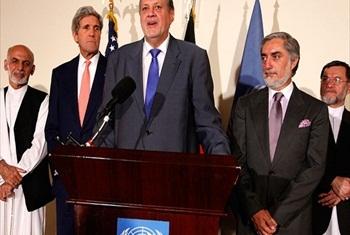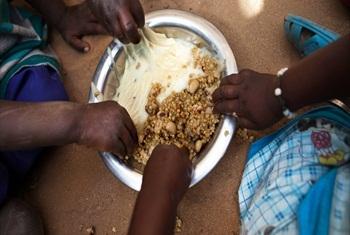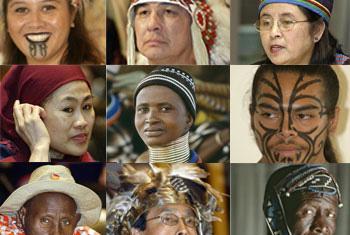“Home can be the most dangerous place for a woman”, says new study
Over half of the female homicide victims worldwide are killed by intimate partners or family members.
Men, on the other hand, are much more likely to be killed by someone they have never met.
That’s the conclusion of a report on global homicide statistics recently released by the United Nations Office on Drugs and Crime (UNODC).
It shows the vast differences between murder rates in countries around the world.

